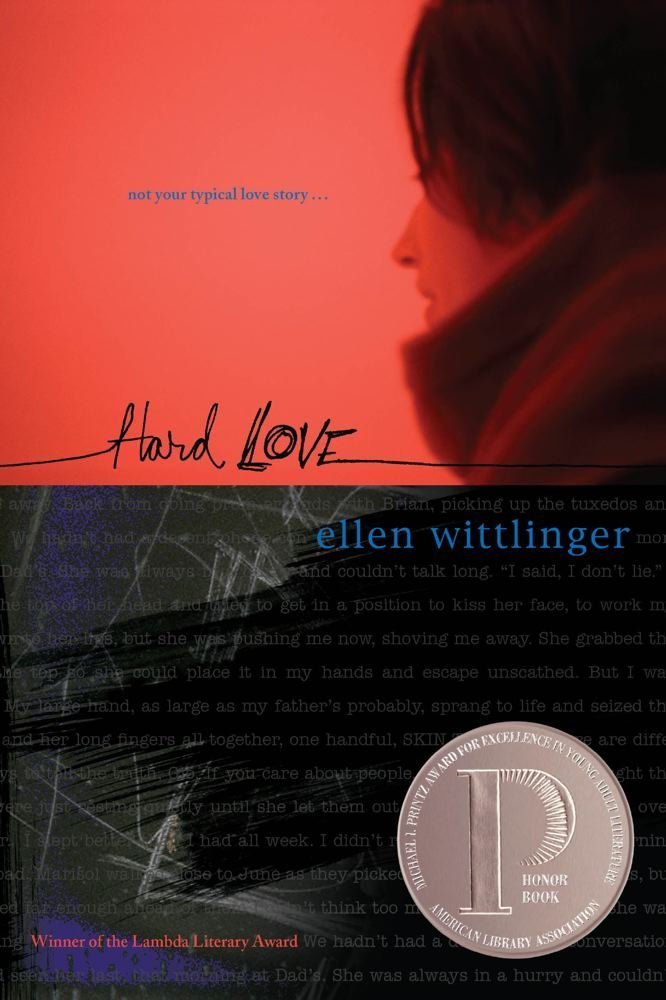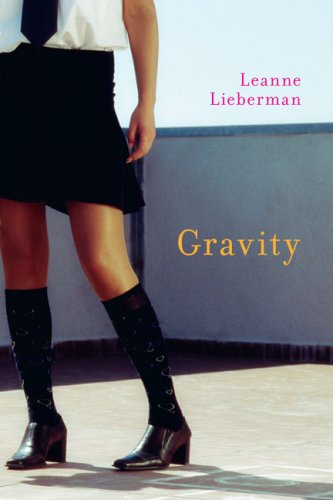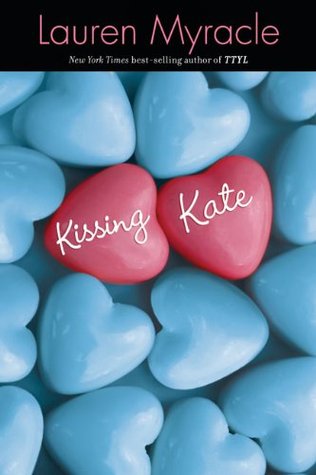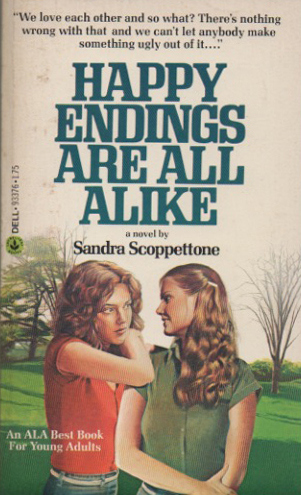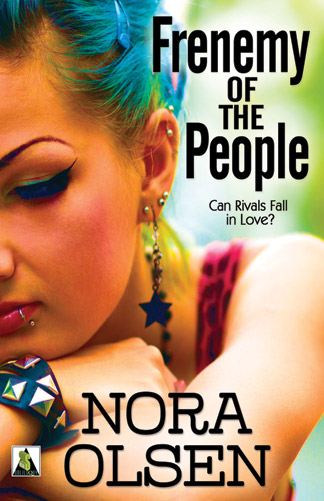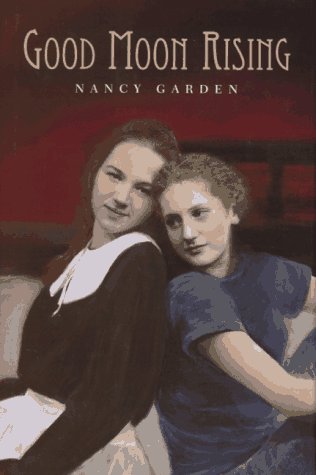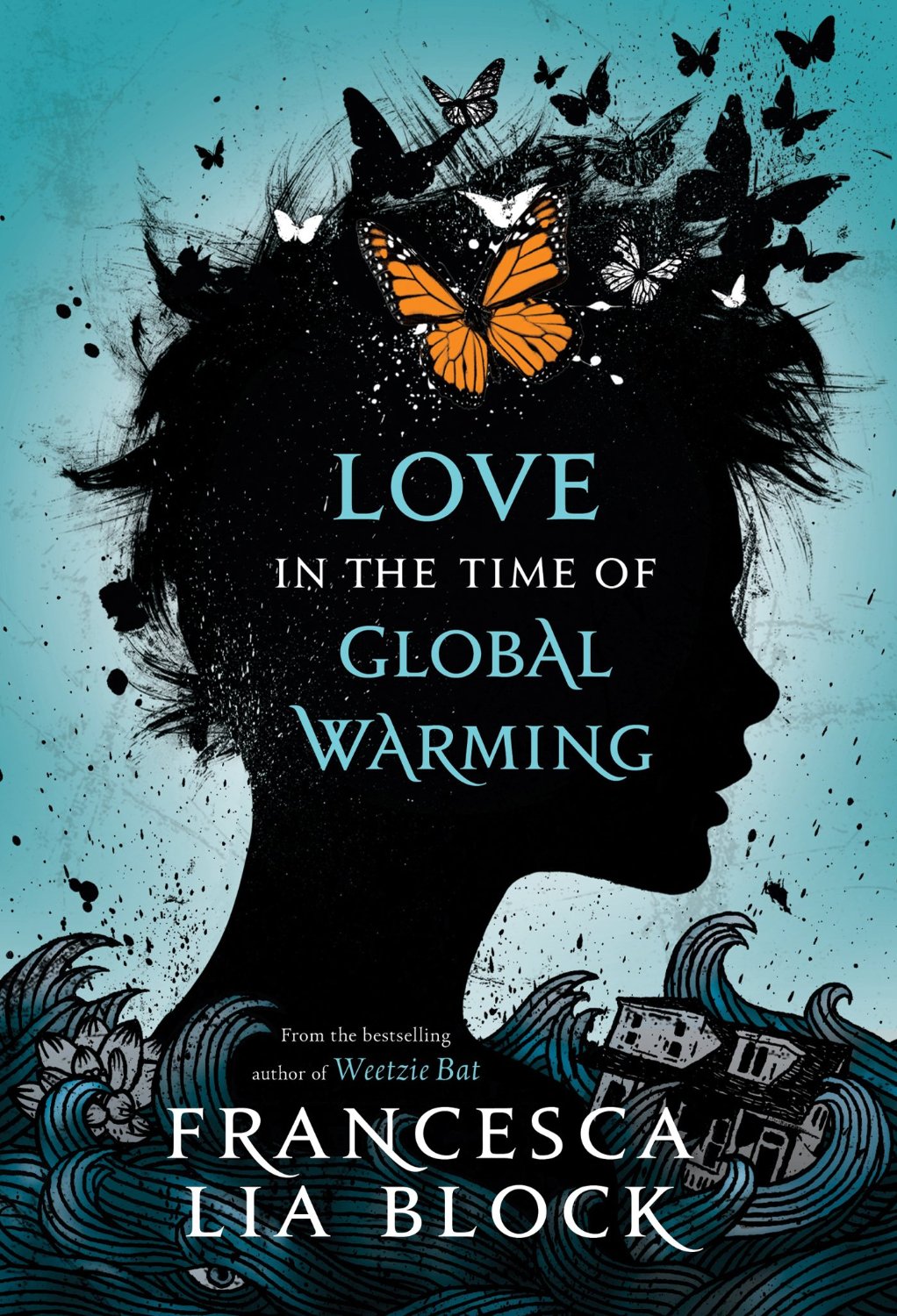All across America, millions of teenage girls are asking themselves “Am I gay?” and “Is it wrong to be a lesbian?” They also ask “How will I tell anybody; what will they think of me?” YA author A.S. King has written Ask The Passengers, a novel where one lesbian girl asks herself these questions and more.
Astrid Jones lives in Unity Valley with her uptight mother, her father who is on drugs, and a younger sister. She is in love with Dee, and wants to be in a relationship with her, but nobody knows Astrid is gay. She is afraid to tell her family and friends, as Unity Valley is a town riddled with gossip and backstabbing. To make herself feel better, Astrid sends mental love up to the planes flying overhead, as the passengers won’t judge her.
But the pressure is mounting. Dee, who is out and proud, is pushing Astrid to come out too, something Astrid is not ready for. But when she is accidentally outed, the whole town, including her family, learns the truth. Astrid faces betrayal by her friends, nasty rumors by her narrow-minded school, and the horror of her family. She ponders deeply on her life, and how she wants to live it.
Ask The Passengers is a neat new edition to YA lesbian fiction. Astrid Jones is highly relatable, and readers will feel for her as she questions her sexuality and deals with homophobia. Many people in her life are hypocrites, such as her mother, Claire. She claims to be okay about homosexuality, but reacts the most negatively when she learns about her oldest daughter being gay. Astrid’s school pretends to be tolerant, but really is like the rest of not-so-united Unity Valley. Even Ellis, Astrid’s sister, is afraid to be around Astrid. King really brought the homophobia to life that lesbians face every day, and that made the story more real.
Another really cool aspect of Ask The Passengers was the supernatural karma. Every time Astrid sent a plane her love, the point of view of the story would briefly switch to a passenger on the plane who was going through some issue in his or her life. They would feel Astrid’s love and suddenly know how to fix their situation. I’ve never seen a lesbian story do that, so it was refreshing to see a new take on it.
King also adds real philosophical questions. Astrid is studying Socrates (who she likes to call Frank), and is learning his theories on many aspects of life. My favorite was his cave theory, which was about seeing a narrow view of the world, and how it affects people’s outlook on reality. I thought it tied in perfectly with our society and the gay rights issues we have today.
For any lesbian, this book is an interesting read. Astrid voices many closeted, just coming out lesbians, or lesbians who were unexpectedly outed. She is funny, to the point, and direct with her feelings. A gripping read, Ask The Passengers will resonate with readers even long after they finish it.


